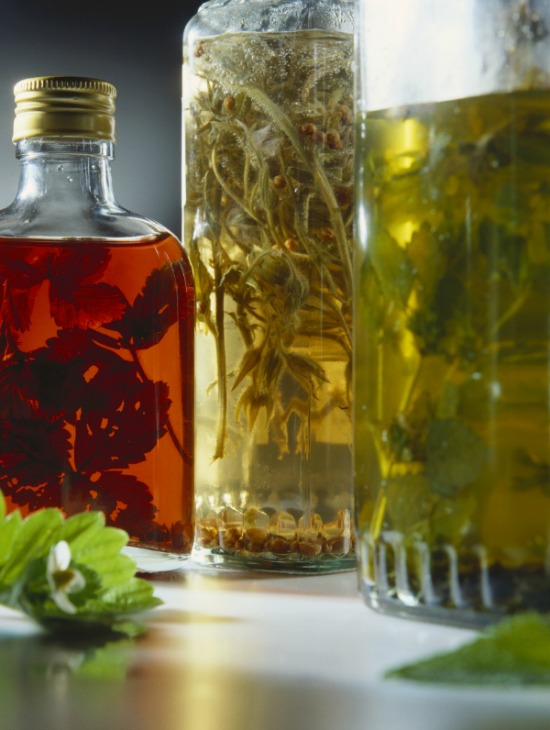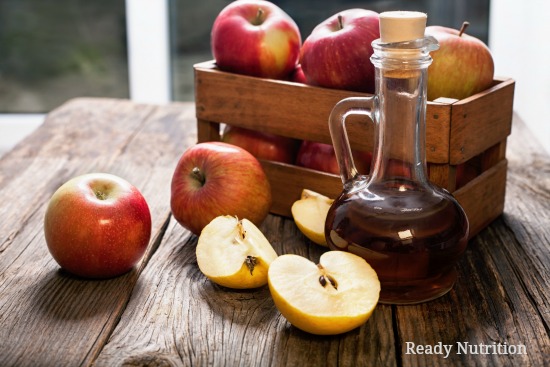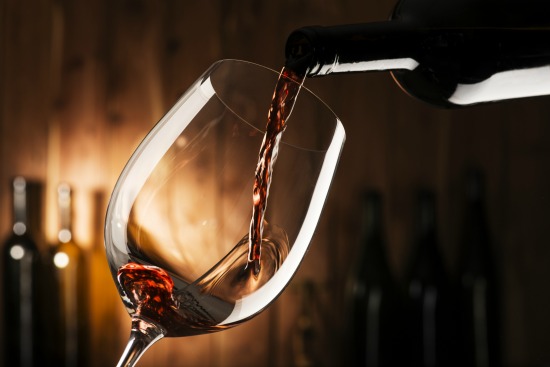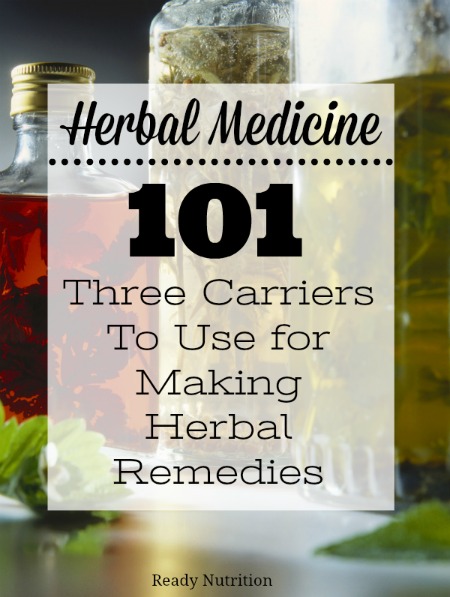 We’re going to cover some basic carriers that you can use to dispense your herbal formulations. This is a basic primer, just to get you started, and you’ll need to follow this up with some research depending on the type of herbs you wish to employ. We will be detailing three “carriers,” and they are honey, vinegar, and wine. Let’s get right into it!
We’re going to cover some basic carriers that you can use to dispense your herbal formulations. This is a basic primer, just to get you started, and you’ll need to follow this up with some research depending on the type of herbs you wish to employ. We will be detailing three “carriers,” and they are honey, vinegar, and wine. Let’s get right into it!
For starters, a carrier is a substance that preserves either the full herb or any extracted portion of it as a protectant and a medium with which to dispense it to a person. It is not to be confused with a tincture. The tincture is differentiated from the carrier in that it is meant to dispense but also to preserve for a substantial length of time. The “shelf life,” if you would term it is not as long for carriers such as those described herein as a tincture, which is usually stable for 3 years or more.
In addition, functionally the carriers differ as well. Honey is a demulcent, a soothing substance that can coat a throat or mucosal membranes and help alleviate redness, swelling, or other discomforts. Vinegar and wine can be used internally and externally with herbs as the formulation calls for. Once more, the alcoholic mixture found in a tincture is in sufficient percentages to preserve, with the objective of dispensing the herbs being a quantifiable and accurate dosage (in milligrams or grams per ml…that’s milliliters) as well as preservation.
3 Carriers for Herbal Formulations
Honey

Vinegar

Wine

How To Infuse Your Carriers
With wine and vinegar, you will place your macerated/chopped herbs into a jar and cover them over with either the wine or vinegar, sealing the jar as tightly as you can. You will then keep it in a cool, dark place, such as a cupboard. You will also need to shake your jar vigorously twice a day a minimum of 100 times per session. Three weeks will be the time to leave it in. At the end of it, strain off your wine or vinegar into a bottle, and voila! Pretty simple. As you may deduce, it is easier to use wine and vinegar that is already made than to make your own and infuse it in this manner. Your shelf-lives are between 6 months to a year.
With honey, it is a simple infusion. You will prepare the herb by boiling and then steeping water, straining the water from the herb, and then adding the now-infused water to the honey after the water cools. The good thing is that honey is antimicrobial in nature and will not be a medium for germs if it is covered to protect it from insects and contaminants and kept out of the sun. Before emplacing the herb, boil some water, take it off the stove, and then let it sit for about 1-2 minutes. Then place your herb in and let it steep. This prevents boiling water from destroying the beneficial qualities of the herb.
You can flavor the honey with different types of flowers, or you can add herbs such as a ginger infusion for a tonic (ginger is excellent for cold, flu, and sore throats associated with both). Once again, you’re only limited to your imagination as what you wish to do. Research your herbs for intended use and find out their compatibility with what you wish to make. JJ out!

